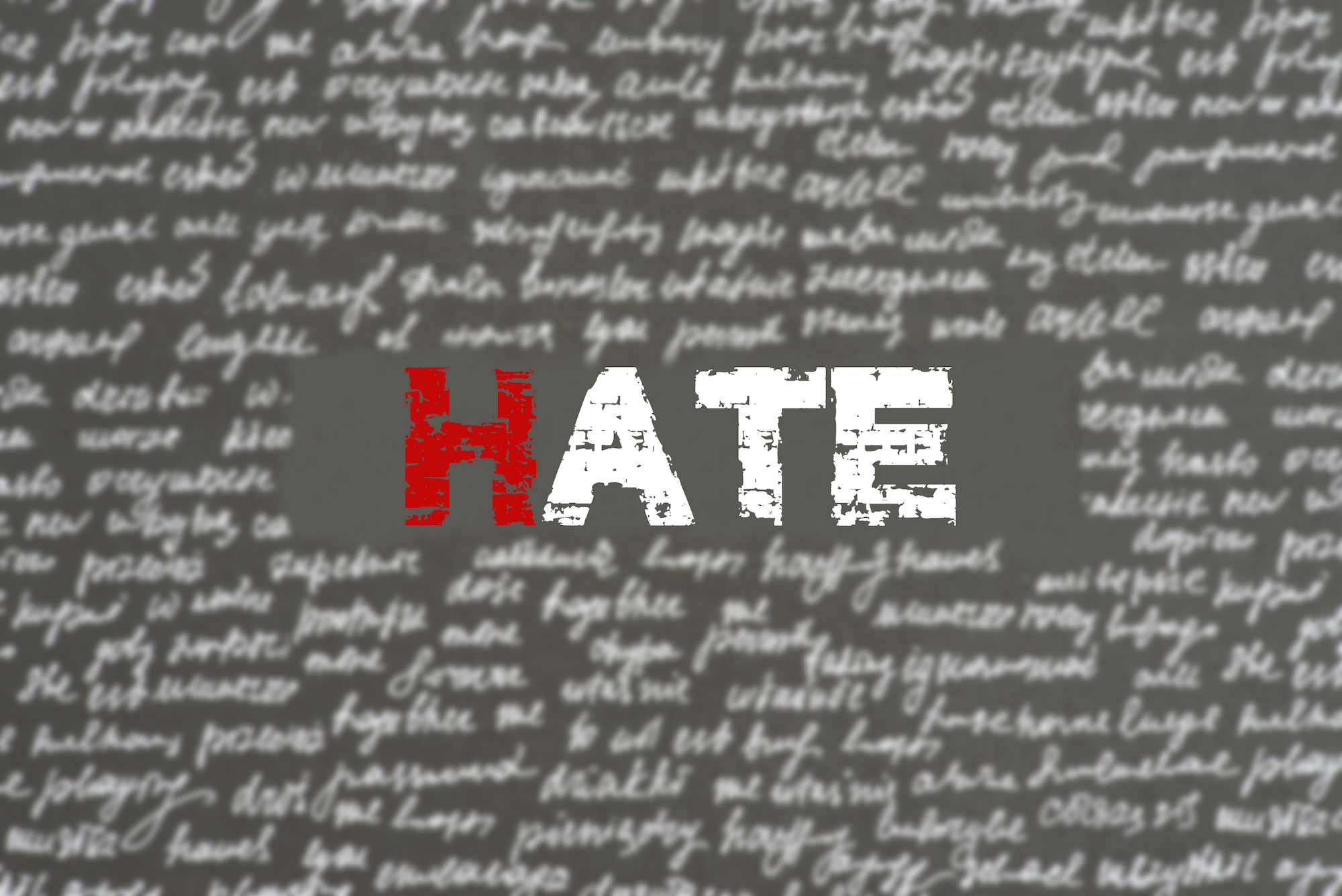
How can students with ADHD be better supported at school?
For many students with ADHD, the classroom can be a highly demanding environment as difficulty managing unwanted behaviours can make schooling a challenging and negative experience. Dr Kathy Gibbs looks at how students can be better supported at school.




